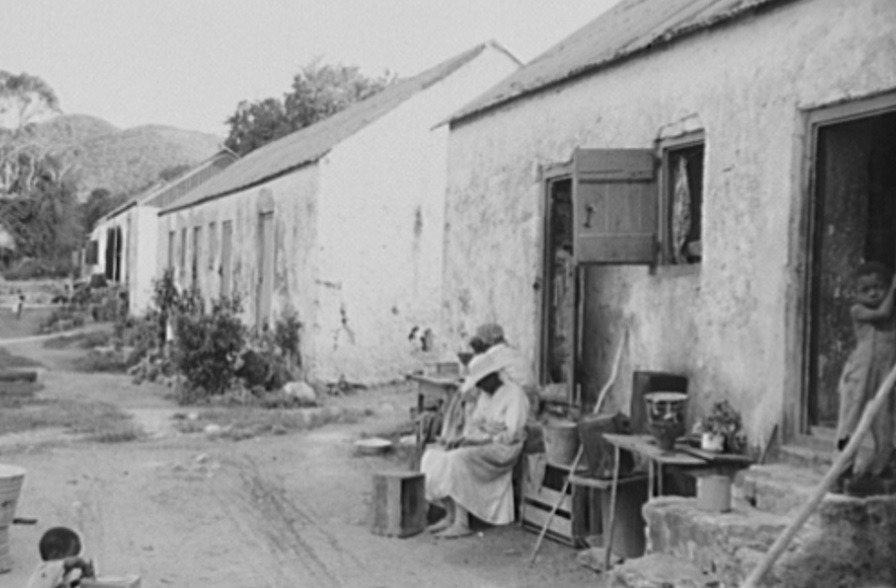You might think there are few comedies about the Holocaust beyond ‘Life is Beautiful’, but you’d be wrong. An IMDB page lists 91 titles.
But comedies about slavery? Forget it! The search engine responds: “Did you mean films about slavery?”
But that hasn’t stopped a Danish producer from making the film ‘Viften’, a dark comedy set on one of the three islands that make up the Danish West Indies, which Denmark owned in their entirety from 1733 until 1917.
Humour in the hypocrisy
Released on April 20, it is set on the island of St Croix in 1848 – the year slavery was abolished on the Danish West Indies, although it did not prevent a large uprising.
The film’s writer Anna Neye, who identifies as an “Afro-Dane”, draws attention to how many freed slaves continued to serve their white Danish masters cum reformers.
She derives humour from the hypocrisy of their treatment, and the slow implementation of the abolishment, by the likes of Governor-General Peter von Scholten, a Dane heralded for his benevolence back in his home country.
It was a state of affairs that continued for at least one more generation, as another rebellion, this time by plantation workers protesting against their slave-like conditions, took place in 1878.
Unlikely choice in today’s climate
The film’s director, Frederikke Aspöck, concedes she probably wouldn’t have accepted the job had it been offered today.
But in 2017, little was known about the cause of Black Lives Matter in Denmark. Major marches drew mass attention in 2020.
“In 2017 I didn’t think about whether it was problematic, but it would probably be different today after Black Lives Matter and the new climate of representation,” she told Soundvenue magazine.
“Anna probably wouldn’t ask me today, and I probably wouldn’t say yes either. I would probably think there was a director with a skin colour other than white who should have that opportunity.”
Screenwriter Anna Neye ended up taking one of the main roles despite a lack of experience, explaining: “There are no big Afro-Danish stars in Denmark because we don’t regularly get many roles. That made financing tricky.”













